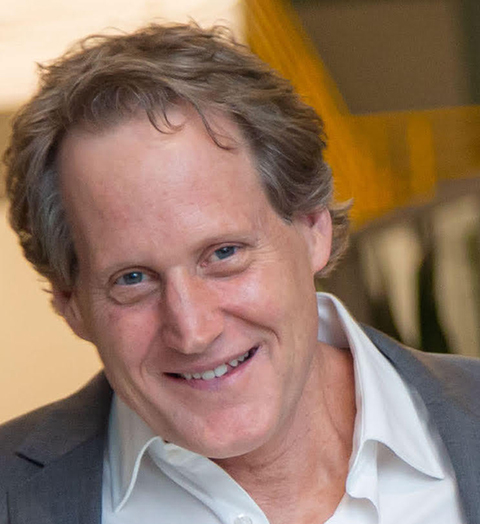

Leveraging Technically Unsolvable Interdependencies to Accelerate Client Goal Achievement
July 31, 2024 @ 12:00 pm - 1:30 pm EDT
Leveraging Technically Unsolvable Interdependencies to Accelerate Client Goal Achievement
“I believe the central leadership attribute is the ability to manage polarity.”
Peter Koestenbaum, Leadership, New and Revised: The Inner Side of Greatness, A Philosophy for Leaders
“If your organization strategy does not account for polarity, then it is not strategic.”
Bob DeWitt and Ron Meyer, Strategy Synthesis
In 1967, Churchman distinguished “Wicked Problems” from rationally solvable problems. In 1992, Johnson discussed unsolvable problems or “polarities” and how to identify and manage them. In 1994, Heifetz distinguished Technical (solvable) problems from Adaptive Challenges. Underlying these and other theories pointing the technically/rationally unsolvable (i.e., paradox, dilemma, tensions) is the phenomenon of interdependence.
All leaders, teams, and organizational systems leverage interdependence — more or less well.
This session explores interdependency as the central “meta-theory” underpinning all development work with leaders, teams, and organizations – and HOW we as OD Practitioners can faster support seeing and leveraging interdependencies to improve the speed, attainability, and sustainability of client’s desired future state.
“A visionary organization doesn’t seek balance between short-term and long-term, for example: it seeks to do well in the short-term and in the long-term. A visionary organization doesn’t simply balance between idealism and profitability: it seeks to be highly idealistic and highly profitable. A visionary organization doesn’t simply balance between preserving a tightly held core ideology and stimulating vigorous change and movement; it does both to an extreme. In short, a visionary organization doesn’t want to blend yin and yang into a grey, indistinguishable circle that is neither highly yin nor highly yang; it aims to be distinctly yin and distinctly yang — both at the same time, all the time.”
Jim Collins, from Good-to-Great

Cliff Kayser, MSOD, MSHR, PCC
Chief Learning Officer, Polarity Partnerships, LLC
Washington, D.C.
Cliff is a thought leader, organization development practitioner, executive leadership coach, and facilitator/speaker who works worldwide to support leaders, teams, and organizations to supplement either/or thinking with both/and “Polarity Thinking” to enhance the quality of life on the planet, for everyone. Additionally, he is an adjunct faculty American University’s “KEY Executive Leadership” Program, George Mason University’s “Leadership Coaching for Organizational Well-Being” Coach Training Program, and has served as the Dean of the 2-year Mastery Program in Polarity Thinking since 2014.
Before joining Polarity Partnerships, Cliff was President of Xperience, LLC – an integrated solutions coaching/consulting firm he founded that includes “Kayser Ridge” a retreat and learning Center he built on a 40-acre plot of mountain land in Berkeley Springs, West Virginia (2-hours from Washington, D.C.). Prior to this, Cliff was VP of Organizational Development for The National Cooperative Bank spending nearly a decade serving The Washington Post newspaper as Senior Organization Development Consultant and corporate office of The Washington Post Company as head of Human Resources and Training.
Cliff holds Masters Degrees in Organizational Development and Human Resources Management from American University and he completed his Certification Executive Leadership Coaching from Georgetown University. He holds a PCC (Professional Certified Coach) designation from the International Coaching Federation.
Cliff is an avid mountain-biker and intrepid traveler who integrates his 35 years of Tai Chi practice and appreciation of Eastern thought into his Polarity Thinking programs.

